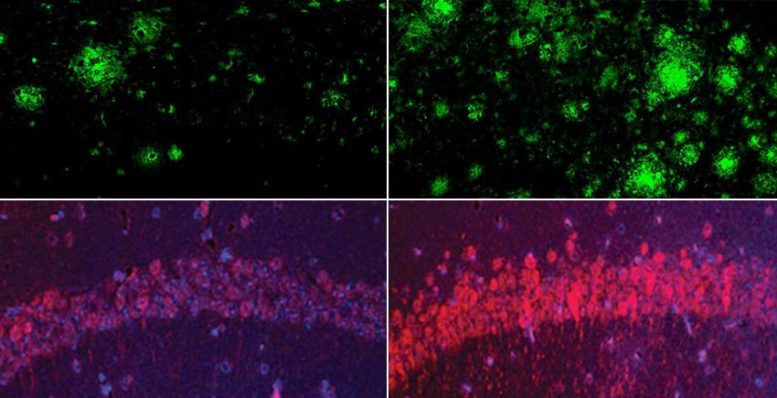Study finds that lithium loss triggers Alzheimer’s, but a lithium-based compound reverses the disease in mice. What sets off the earliest chain of events that leads to Alzheimer’s disease? And why do some people who show Alzheimer’s-like brain changes never progress to dementia? These unresolved questions have challenged scientists for decades. Researchers at Harvard Medical School now believe they may have an explanation: a deficiency of lithium in the brain. “The idea that lithium deficiency could be a cause of Alzheimer’s disease is new and suggests a different therapeutic approach,” said senior author Bruce Yankner, professor of genetics and neurology in the Blavatnik Institute at HMS, who in the 1990s was the first to demonstrate that amyloid beta is toxic.
According to Harvard Scientists, This Missing Nutrient May Be the Key to Stopping Alzheimer’s

Learn More
Discover the cutting-edge science we fund
Providing many of the world's best researchers, scientists, and universities with support, and funding to discover breakthroughs that solve humankind's greatest challenges.
See how we support great cultural institutions around the world
The Foundation contributes to renowned institutions that showcase the breadth of arts and culture, including performance, exhibition and education.
Visit the Blavatnik Archive
The Blavatnik Archive is a nonprofit foundation dedicated to preserving and disseminating materials that contribute to the study of 20th-century Jewish and world history, with a special emphasis on World War I, World War II, and Soviet Russia.